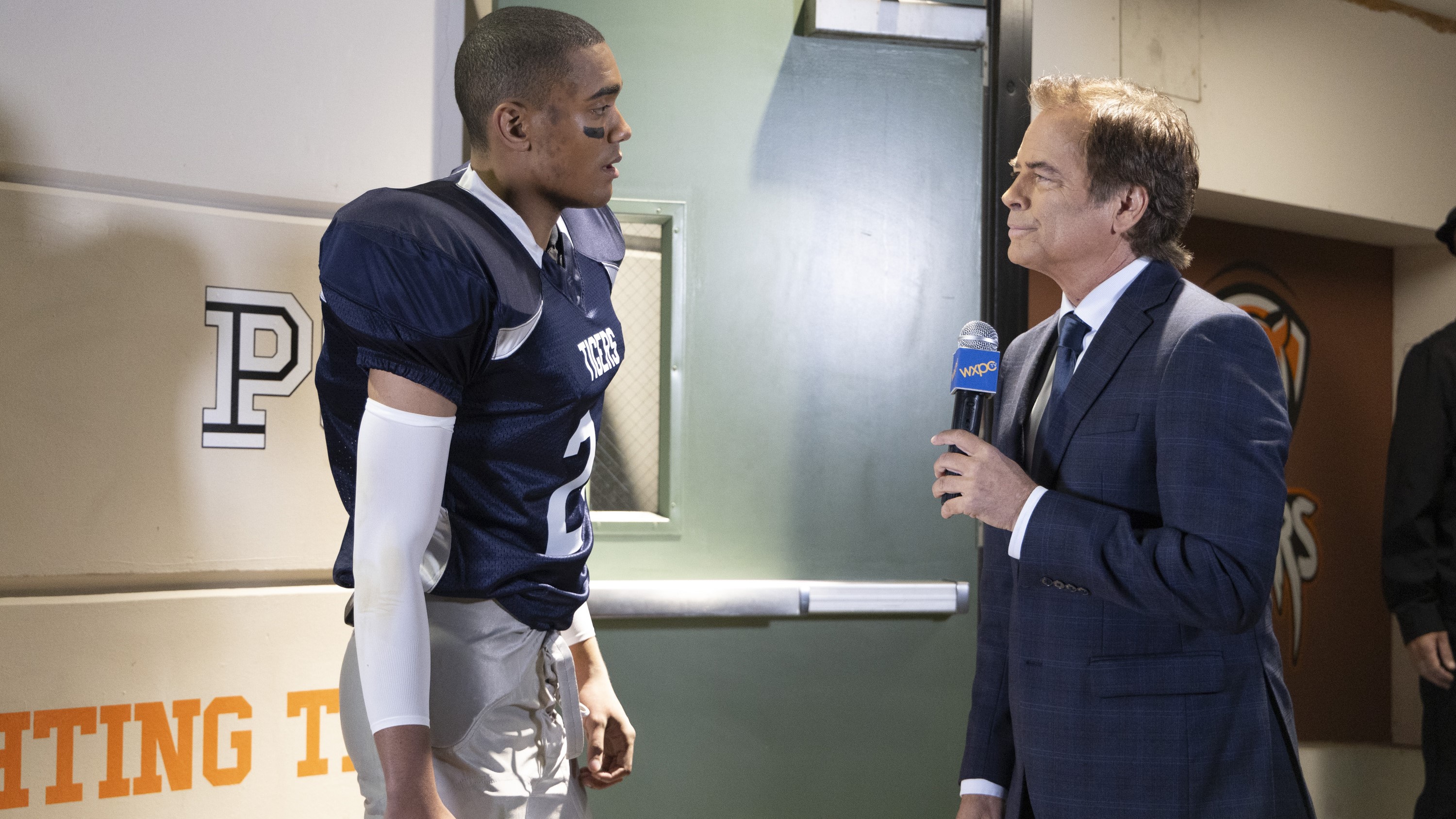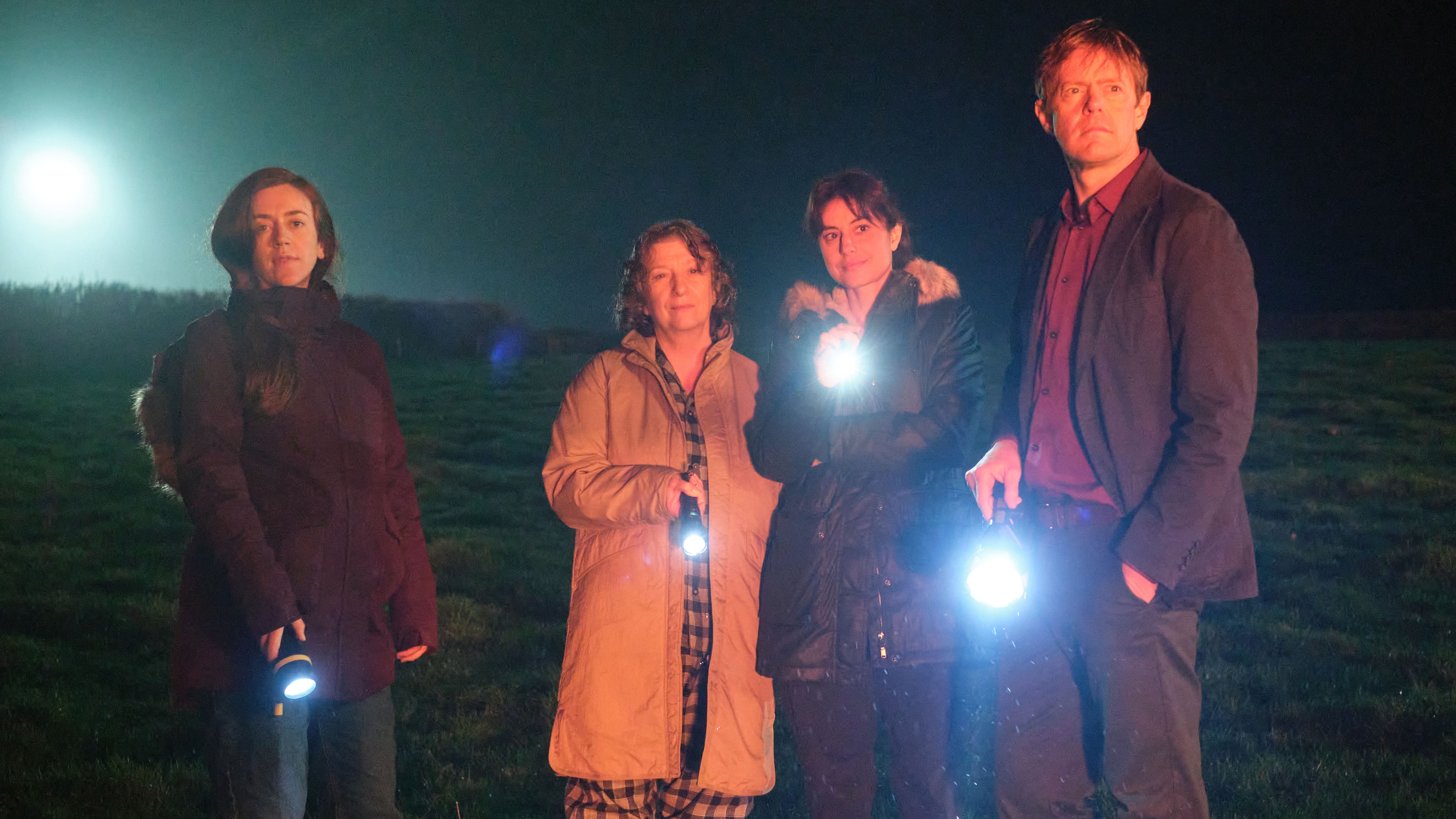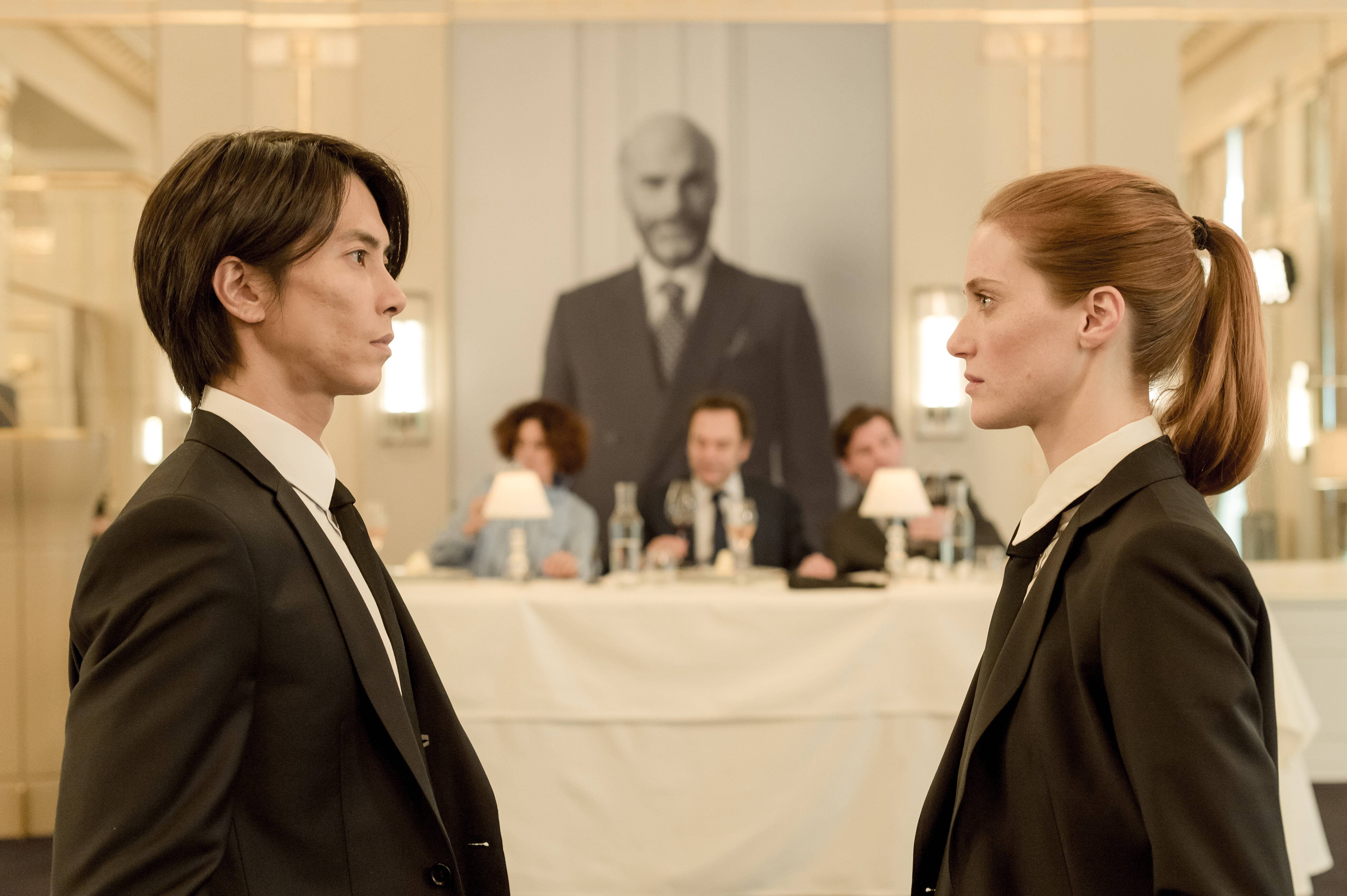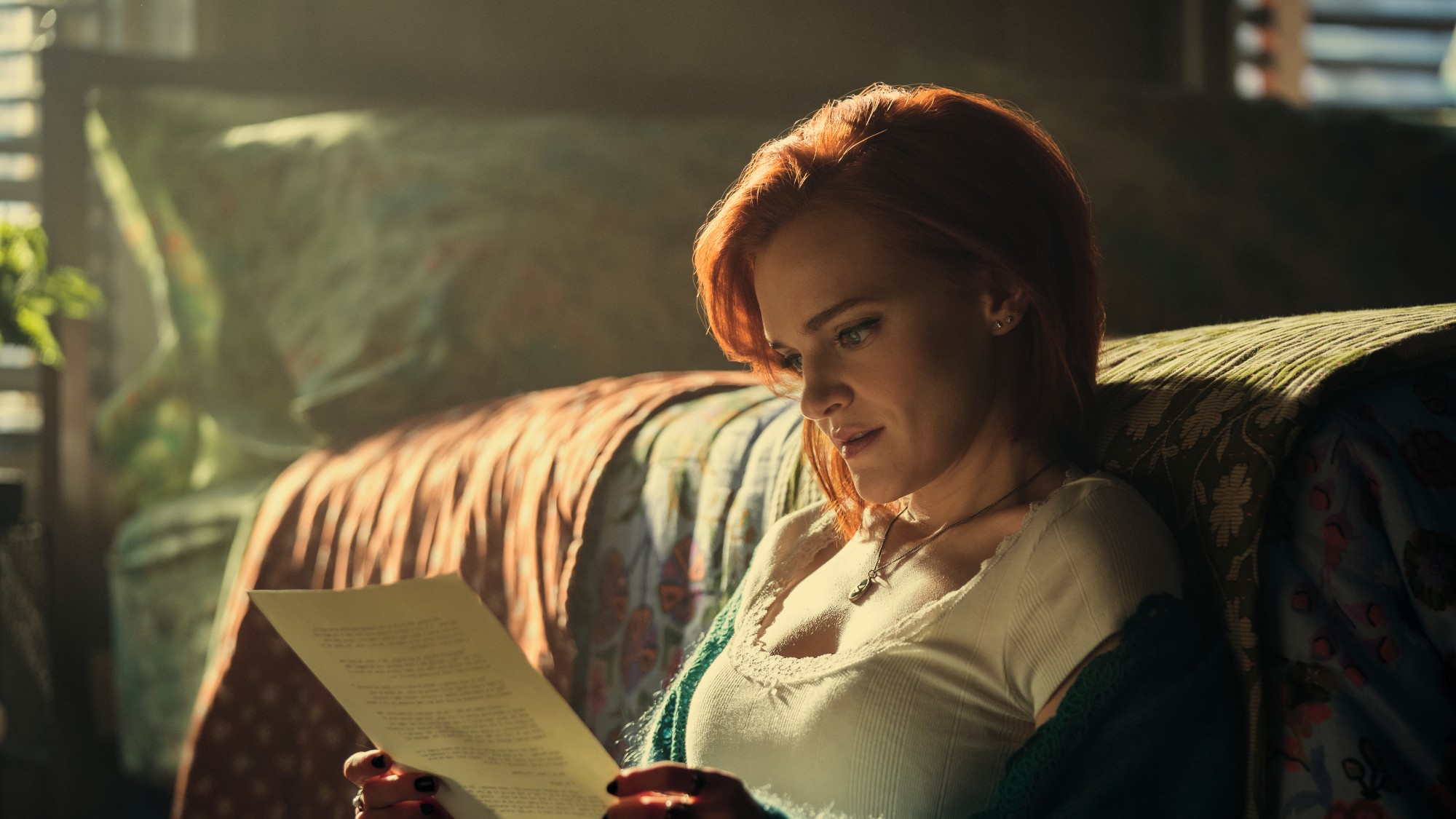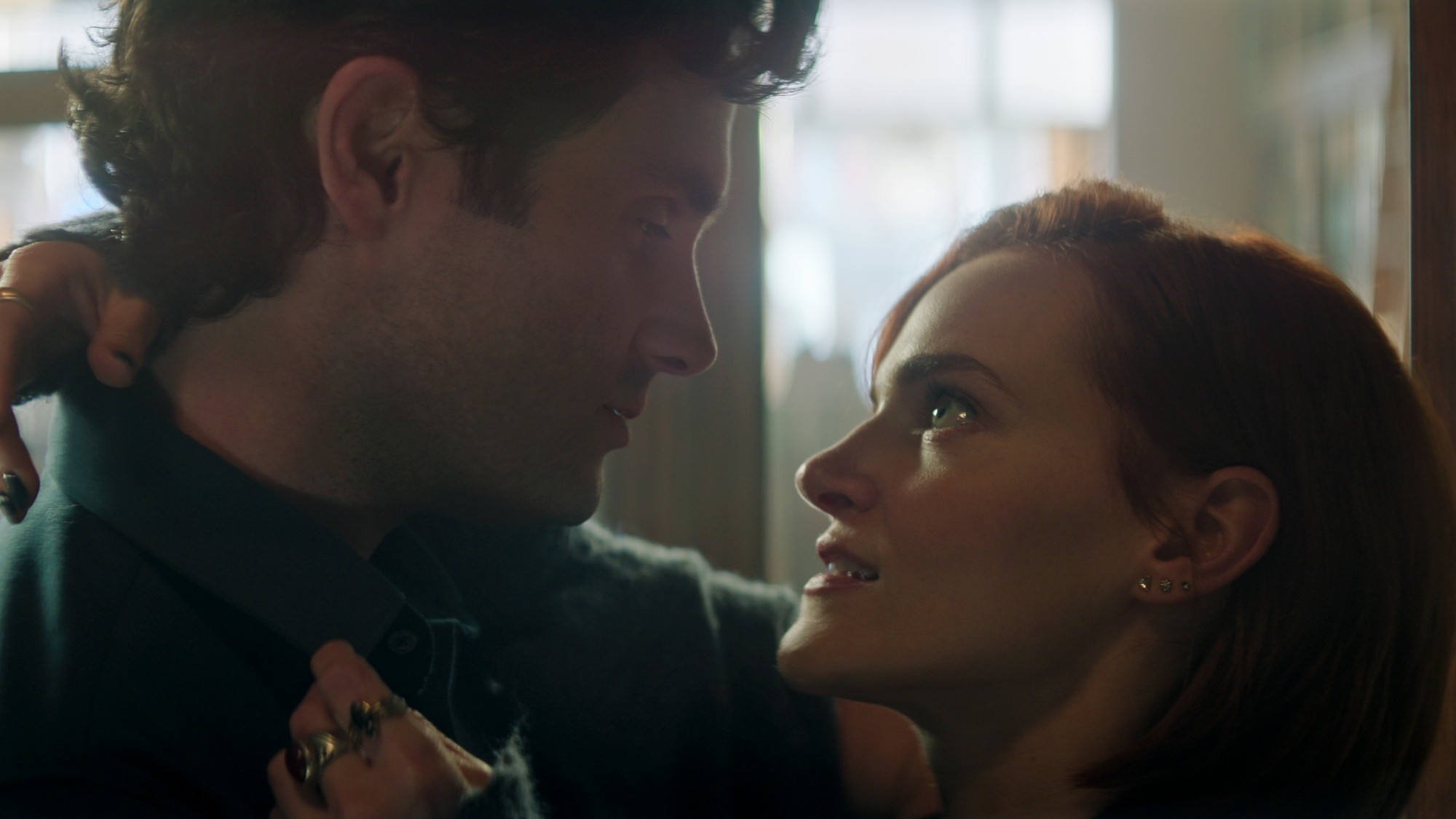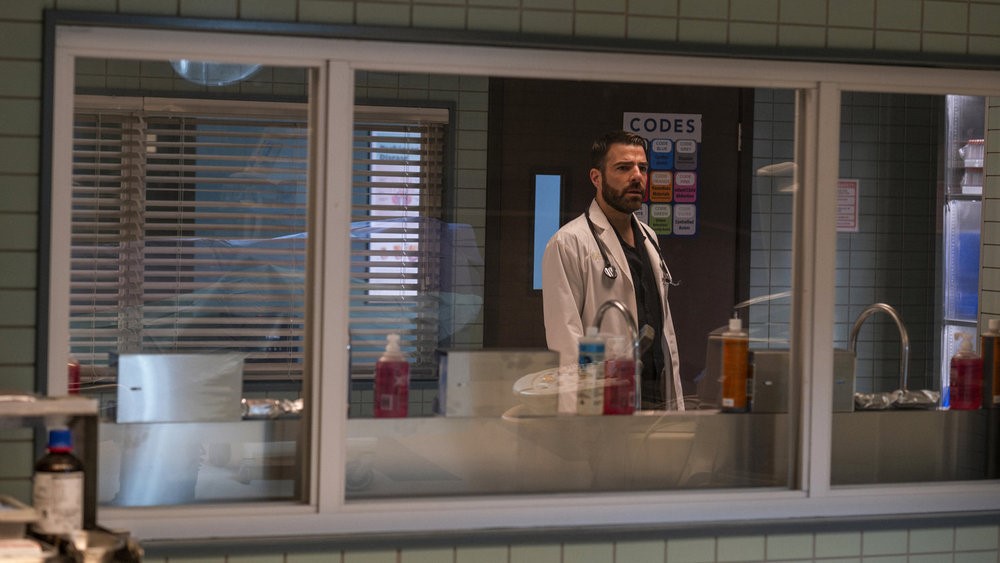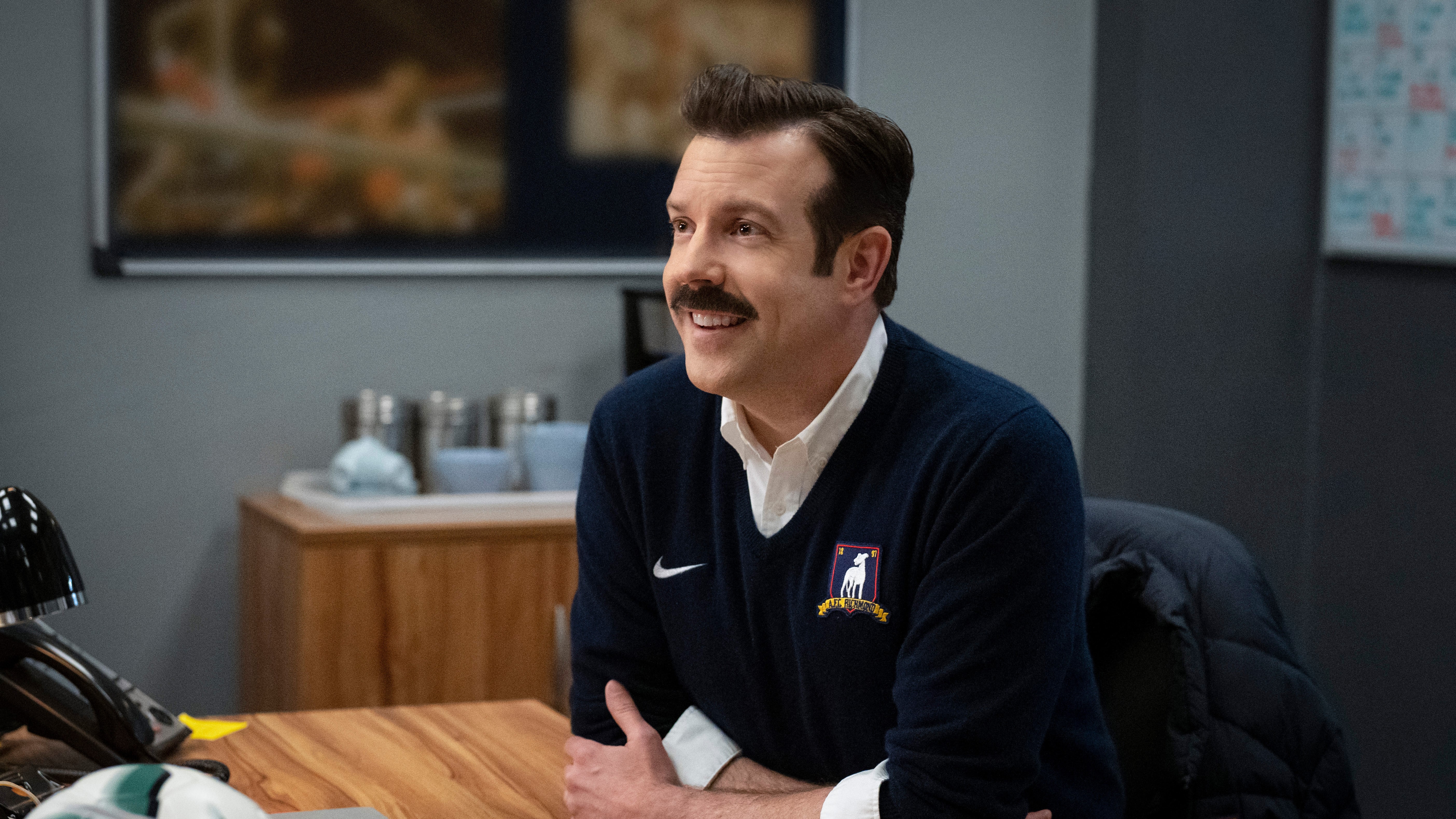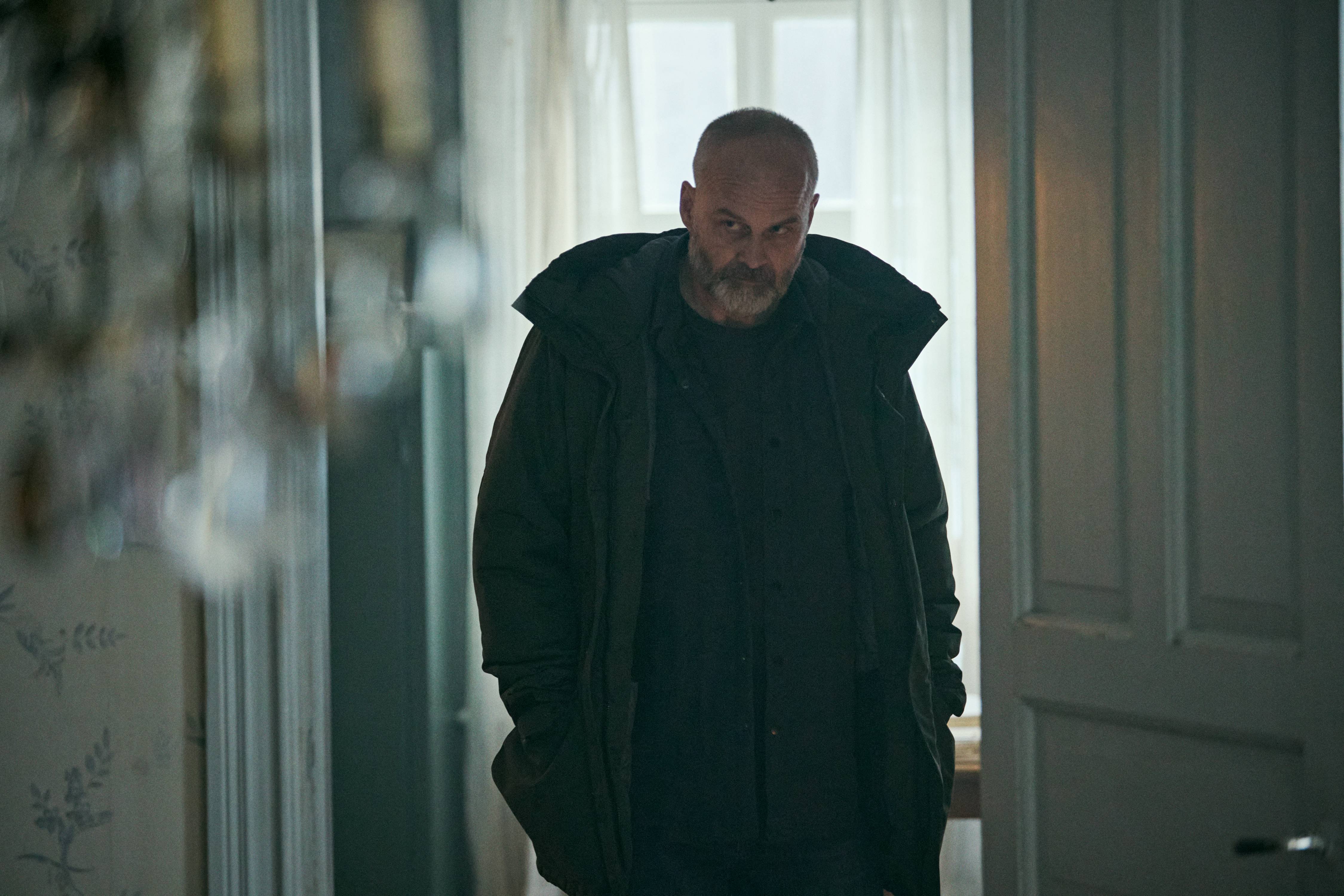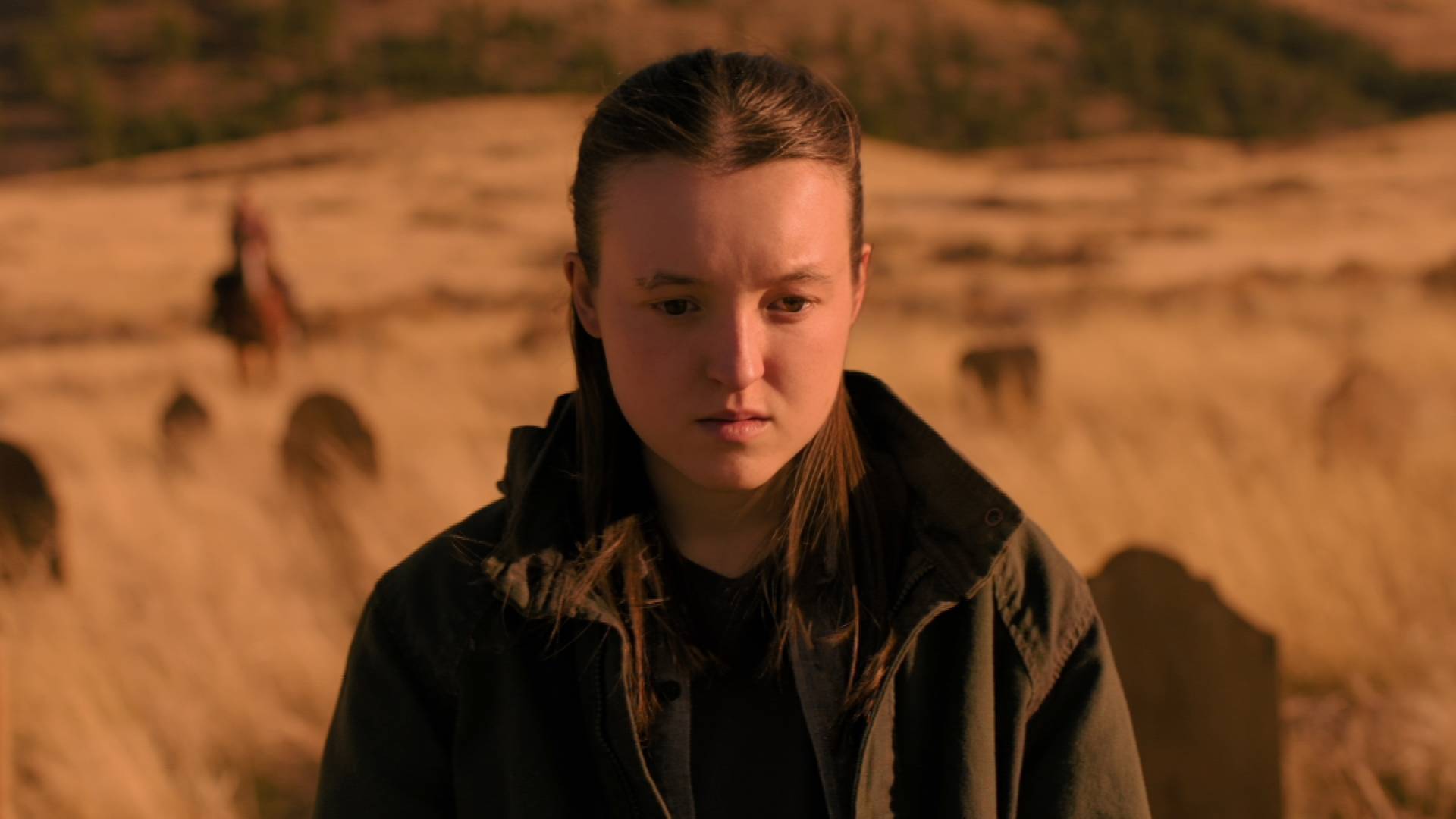Looking at the humanity of David Fincher's ‘Seven’
David Fincher's 'Seven' endures as a classic not because of its' villain's evil, but its heroes' humanity in the face of it.
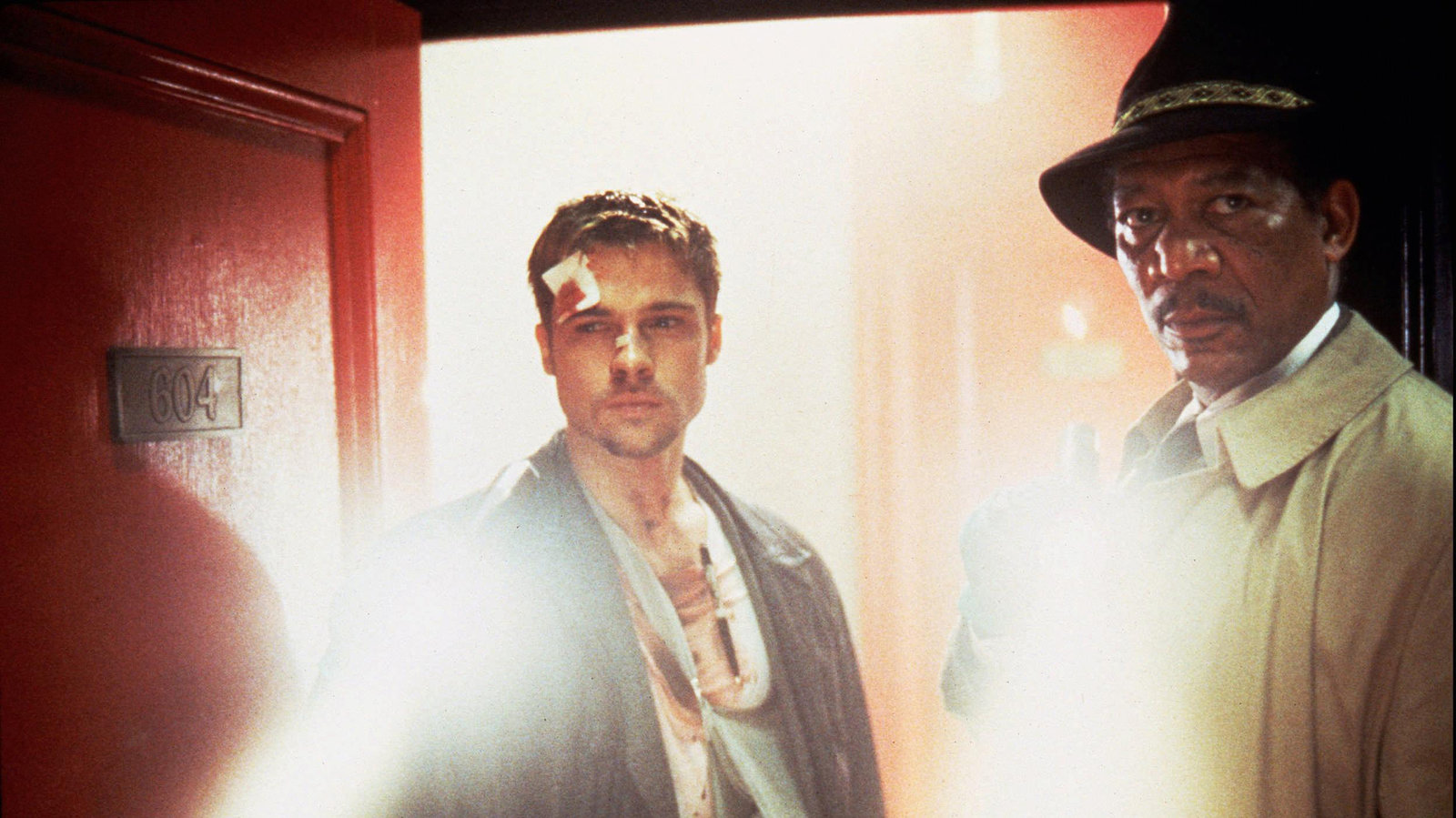
Seven turns 25 on September 22. It’s every bit as brutal and disturbing today as when audiences first saw it. It changed Hollywood’s relationship with serial killer movies - Silence of the Lambs was the critical powerhouse, but David Fincher’s film gave them a new level of commercial viability. It redeemed Fincher himself, after considering abandoning movies altogether because of his experience on Alien 3. But none of its style, none of its star wattage, none of its right-place, right-time subject matter figures into why it still holds our attention. All of that’s the window dressing disguising what actually keeps us watching: the resounding humanity of characters battling against evil towards good, and more than that, hope.
Ok, maybe a little more than “none” of that draws us back to the film. Fincher’s techniques shooting the film, using bleach bypass to achieve a richer, darker image, seem to soak us in its squalor, and its menace. Pretty and unpolished, Brad Pitt looks like a kid playing dress-up, borrowing clothes too big for him to prove himself. Manicured and methodical, Morgan Freeman exudes both authority and the hard-won cynicism that comes with it. Howard Shore’s score oozes constant menace as Mills and Somerset inch closer to a truth they realize they may not be able to handle. But in spite of its own visceral instincts - much less Fincher’s well-earned reputation for Kubrickian coldness - the film offers a startlingly nuanced and emotional experience, resonant and affecting because we’ve witnessed a transformation within these characters that mirrors one we recognize, and perhaps imagine we’d undergo in similar circumstances.
The trajectories of Somerset and Mills put us on a path that feels inevitable, but John Doe merely accelerates. Somerset is one week away from retirement; his colleagues respect his fastidious disposition but he’s been transformed by a job where he watches man’s worst instincts acted out every day. His efforts function not to prevent them, but hold that behavior to account. He’s eager to relinquish his post and move somewhere he doesn’t have to see or experience that cruelty any longer. Mills inexplicably sought the job that Somerset is leaving. He’s a small-town detective thrust into big-city crimes on Day One. He believes he can make a difference. He embraces the role of protector. He’s also not particularly sensitive: he is dismissive and judgmental of his suspects in the opposite way that Somerset attempts to understand them. He moved his small-town wife Tracy with him to a city where she knows no one except him.
These ideas are communicated almost invisibly - Somerset’s coldness belies a sensitivity, a consideration that makes him exceptionally gifted as an investigator, but at tremendous cost over many years to his own mental well-being. In the first crime scene he enters, only he notices, and proceeds to ask, about a young child who may have witnessed a gruesome crime. His determination for Mills to not begin his tenure as a homicide detective with a case that will likely drag on for weeks and months and focus on a very clearly sick individual is driven as much by recognition of his replacement’s lack of emotional readiness as his professional inexperience. And once they begin to develop a profile for John Doe, he knows well enough not to broadly characterize the perpetrator’s mental faculties, both as a matter of investigative procedure and (unsuccessful) mental compartmentalization.
Mills has passion and determination but lacks maturity. His love for Tracy is palpable but it lacks the awareness to truly meet his partner’s needs. His lack of experience on job has not taught him to maintain an objective distance from the crimes he’s investigating. Tracy, meanwhile, suffers silently in a foreign place, resorting to meeting Somerset for an ounce of compassion, or perspective, as she contemplates what to do with a child they conceived but she hasn’t yet told David about - as much as anything, because she fears it will anchor them in a city she hates. Their humanity is in descent - it’s at risk - in a place overrun by crime and depravity.
John Doe, of course, is the seeming ultimate example of inhumanity - of a sharp mind and indefatigable cruelty that eclipses anything, or possibly everything, Somerset has ever seen. Somerset insists however on reminding himself and Mills that Doe is “just a man” - that his crimes did not and should not elevate him beyond their comprehension, or their capacity for meting out justice. And Doe tests Tracy and David’s humanity as victim and vengeance seeker - while in the process restoring Somerset’s. In this supposed final week on the job, Somerset gained something worth losing; he regained a vulnerability he’d closed himself off from, and at the end of the film is presented an unexpected and important opportunity despite that tremendous cost. He not only experiences something that moved him, but involved him, unlike anything in years.
Fincher’s infamous perfectionism, and his choice of material, often brands him as an unemotional filmmaker - sometimes deservedly so. If we’re to truly look at his career trajectory, it’s this film that set him on that path - but also the legend that explains how he grew and evolved, but importantly always drew out emotions essential to the success of his stories even when overshadowed, or subdued. Certainly his sophomore effort put him back on the map as an artist - a commercial powerhouse and an important auteur to be taken seriously, with a recognizable, influential style. But after two and a half decades, what enables Seven to endure is the way not that it reinvigorated his career, or made serial killers box office catnip for another decade-plus, but its undeniable portrait of Mills and Somerset, fighting for their souls against the face of unimaginable evil - one losing, but the other crucially winning.
Get the What to Watch Newsletter
The latest updates, reviews and unmissable series to watch and more!
Todd Gilchrist is a Los Angeles-based film critic and entertainment journalist with more than 20 years’ experience for dozens of print and online outlets, including Variety, The Hollywood Reporter, Entertainment Weekly and Fangoria. An obsessive soundtrack collector, sneaker aficionado and member of the Los Angeles Film Critics Association, Todd currently lives in Silverlake, California with his amazing wife Julie, two cats Beatrix and Biscuit, and several thousand books, vinyl records and Blu-rays.

